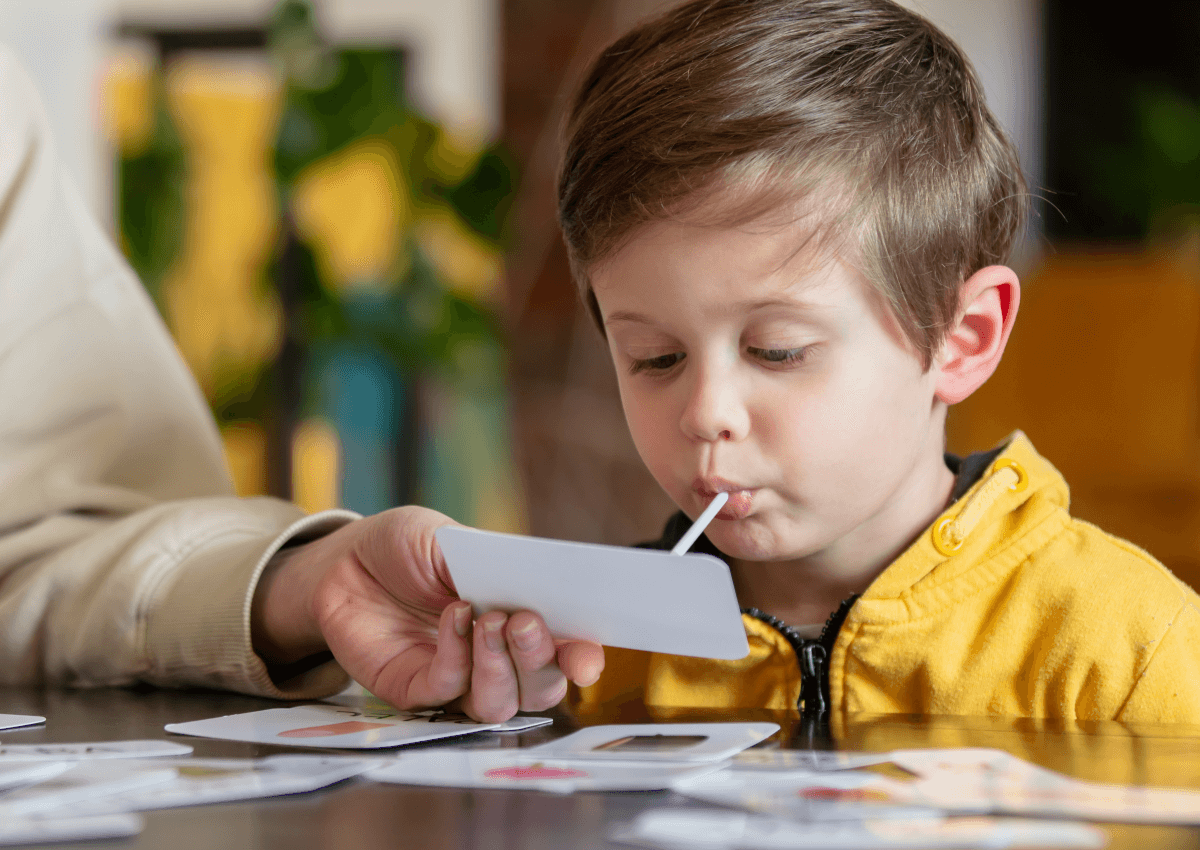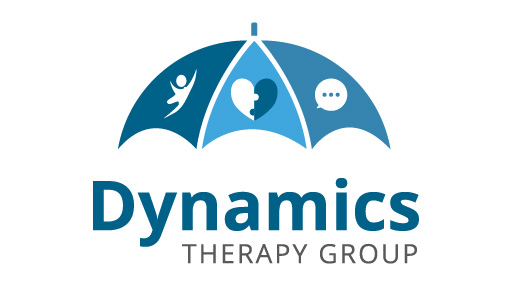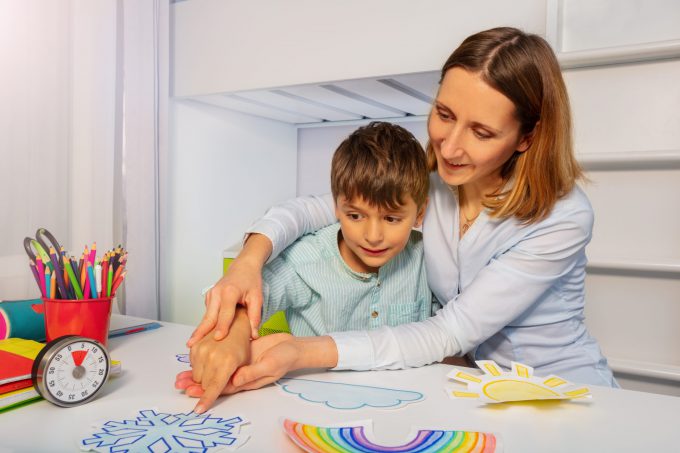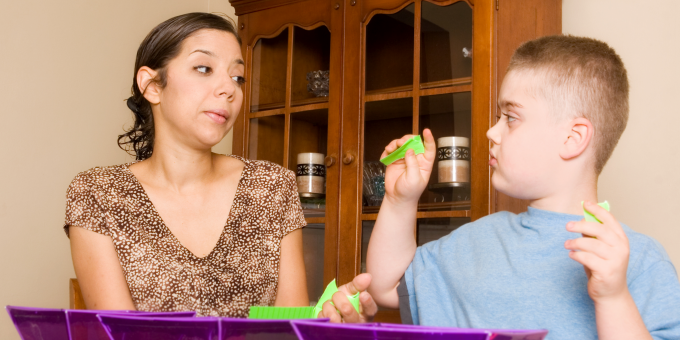
Children who learn and demonstrate age-appropriate essential life skills independently and successfully early will have an advantage over their peers in their teenage years and adulthood, as they would be better positioned to achieve success in real-world situations.
Life skills that could greatly benefit our children include: communicating effectively, establishing connections and harmonious relationships, critical thinking and problem-solving, and self-control, among others.
Our children are never too young to start building, practising and adapting these essential skills. However, children with developmental delays, developmental issues and/or behavioural problems will understandably encounter difficulties in learning or developing these skills or fall behind their peers in their developmental milestones due to deficits in certain key functional areas.
As such, more structured and needs-appropriate intervention is required to help these children bridge their learning and developmental gaps and acquire relevant life skills. And one effective way is the application of Applied Behaviour Analysis (ABA) therapy.
About ABA Therapy and How It Helps Children
ABA is a scientific approach to understanding and changing behaviours. It looks at how a behavioural change is affected by the environment, and also focuses on how learning takes place.
ABA therapy consists of a collection of strategies and procedures that leverages the principles of learning and motivation. It uses positive and negative reinforcements, repetition and promptings to help reduce social problems and detrimental behaviours, shape positive behaviours, and teach new replacement skills and behaviours.
What is a replacement skill or behaviour? It is a more appropriate skill or behaviour that serves the same function as a current negative skill or behaviour. It acts as a replacement to help the child meet or respond to similar situations, environments or people in a more appropriate manner.
Research has shown the efficacy of this form of therapy for people of all ages. Children as young as 2 years old or children with gaps or delays in various areas, such as communication or language skills, social skills, play skills, self-help skills, academic and challenging behaviours, can undergo ABA therapy. The sooner they begin their intervention, the better and more lasting their progress and improvements. Besides, children are known to learn faster and better at an early age.
ABA therapy is especially effective for children with developmental delays, developmental disorders caused by autism or Asperger’s Syndrome, or other emotional, cognitive and behavioural disorders, such as Attention-Deficit/Hyperactivity Disorder (ADHD).
ABA is highly individualised and carried out intensively via one-on-one or in group sessions. Therapy can vary from one child to the next, depending on the child’s unique needs, goals and learning pace. However, the end goal of ABA remains to develop socially appropriate behaviours and generalise learning. ABA helps a child develop key skills and learn how to apply these skills regardless of where they are, what they do or who they interact with. The skills acquired and the ability to adapt are valuable lessons that they can apply across their lifespan.
Evidence-based and research-backed techniques used by ABA professionals include:
- Natural Environment Teaching (NET). Teaches skills within the natural environment, using naturally occurring reinforcers.
- Discrete Trial Training (DTT). Teaches a new skill or behaviour using a structured technique that involves repetition and reinforcement.
- Verbal Behaviour (VB). Teaches the functional use of language.
Development of Essential Life Skills Through ABA
Let us look at the types of critical skills that ABA therapy can help a child develop and master, and how ABA professionals go about doing it.
Basic Learner Skills
‘Learning to learn’ is the essence of basic learner skills. These skills set the stage for the development of other forms of critical skills, such as academics.
Children with basic learner skills would be able to demonstrate the following:
- On-seat behaviour. It refers to the child’s ability to build sustained sitting so that they are able to learn other skills. On-seat behaviour can be gradually shaped by rewarding increasing duration of sitting time.
- Waiting skills. It refers to the child’s ability to regulate self-stimulatory behaviour as well as the ability to resist grabbing or playing with material. Typically, tasks should only start when a child exhibits a lower level of disruptive behaviour so that learning can take place.
- Attending. It refers to the child’s ability to pay attention. An interesting variety of tasks, active participation and immediate feedback are some of the activities to help boost a child’s attending skills.
- Scanning. It refers to looking at the array of items presented and providing a response. ABA Therapists will use matching or finding-the-same-items activities to help increase the range that the child is able to scan and find an object. This will enhance the child’s ability to focus on and recognise objects.
- Making and maintaining eye contact. ABA Therapists use verbal and non-verbal cues to reinforce eye contact during sessions. They will also actively set up situations that will encourage the child to attend and make eye contact.
- Responding to own name. The ABA Therapist may teach the child to recognise their name by associating the name with a reward, e.g. a favourite toy or snack.
- Following simple instructions. The child will start on understanding and following simple instructions, such as “come here”, “sit down”, “stand up”, “give me ___”, before progressing to more complex instructions.
Communication and Language Skills
Communication is key to performing daily activities efficiently and establishing healthy relationships with others. Communication and language skills affect the ability to communicate, express feelings and understand others effectively.
ABA Therapists will usually apply the Verbal Behaviour (VB) strategy to target and improve communication and language deficits. Therapists will also create an environment where there are attractive reasons for children to understand the power of communication, initiate requests, enjoy communicating and increase their use of language skills.
Children with honed communication and language skills would be able to demonstrate the following:
- Spontaneous requesting. The children are able to initiate requests, including asking for their preferred items, making choices, requesting help and asking questions,
- Answering questions.
- Understanding language (receptive language).
- Using language (expressive language and functional use of language). The children learn why we use words and how these words are useful for effective communication.
- Building and using a repertoire of vocabulary. This helps the children to better express their needs or wants and convey them effectively to the listeners. Using the right words also helps others understand them better and reduces frustration during communication.
- Reporting. The children are able to describe a past event or activity with appropriate grammar usage, subjects, locations etc. Reporting is important for a child to practise recall and re-tell important details of events.
Social and Play Skills
Inadequate social and play skills can affect a child in a variety of settings, such as at home, school and in the community. Such challenges can affect the child’s ability to make meaningful connections with siblings and/or peers since most of their communication and interactions, which can help establish and strengthen bonds, occur during playtime.
Benefits of play include the development of social skills, imagination, creativity and co-operation with others.
The ABA Therapist will help guide the child to develop essential social and play skills through fun playtime while observing the child’s behaviours and triggers and addressing problem behaviours that arise during play. These can be done through teaching the child new play skills, reinforcements and comments (includes recognition and reward of effort).
Children with good social and play skills would be able to demonstrate the following:
- Engaging meaningfully with toys. This means that the child should be able to engage with their toys or preferred activities in a meaningful and functional way without disruptive stimulatory behaviour.
- Building independent leisure/play skills. This allows the children to engage in activities on their own with minimal help, thus encouraging independence.
- Pretend play. Role-playing with others allows the child to socially engage and co-operate with their peers. It also encourages imaginative play, parallel talk and exposure to age-appropriate play comments.
- Understanding social cues and rules. This enables the child to play games, such as rule-based ones, with other children, practising turn-taking, waiting and enabling them to learn the consequences through their friends’ verbal or non-verbal feedback.
- Participating in interactive play with others and in group activities. ABA Therapists will introduce playing with peers to encourage and develop turn-taking skills, waiting skills, passing the turn and gradually, simple interaction skills.
- Tolerating sharing of toys. This helps reduce disruptive behaviours arising out of the child having to share their toys and promotes flexibility and adaptive social skills in children.
- Initiating and maintaining interactions or conversations.
- Socialising with peers. Increased ability to play with others will lead to better interactions and socialisation.
Self-Help Skills
Self-help skills enable the child to perform daily functional tasks on their own efficiently, thus promoting independence, problem-solving ability and healthy self-esteem. Such skills can also help the child function independently across environments. The ABA Therapist will first observe the child’s abilities in a natural environment to assess the current skill level before developing developmentally or age-appropriate strategies and procedures. Some of these tactics may include implementing a consistent checklist or routine or breaking down a task into smaller steps that are easier to follow.
Children with effective adaptive living skills would be able to demonstrate the following actions:
- Toileting, e.g, wiping up, staying dry throughout the night, etc.
- Dressing, e.g. putting on clothes, wearing shoes, etc.
- Feeding, e.g. drinking from a cup, using utensils, etc.
- Packing or Unpacking.
- Making simple meals.
- Grooming, e.g. brushing teeth, combing hair, etc.
- Bathing, e.g. using soap, drying with a towel, etc.
- Tolerating new or aversive activities, e.g. cutting nails
- Increase in self-regulatory behaviours. Having the ability to self-regulate can help the child understand and manage their feelings and behaviours in an anxiety-provoking or new situation.
Academic Skills
Many of the children’s academic challenges could stem from certain behavioural issues getting in their way of learning effectively. ABA can help target these root issues and enhance school readiness and ease transitions for pre-schoolers or supplement a school-going child’s current academic programme.
Along with simplified instructions and a consistent structure or routine, ABA Therapists can help children develop the following academic abilities:
- Reading.
- Writing.
- Math.
- Spelling.
Motor Skills
Motor skills are essential in everyday function. The lack of or impairment of these important functions can prevent the child from leading a meaningful, quality life. When needed, ABA Therapists will work with Occupational Therapists in the development of these areas.
Children with developed motor skills would be able to demonstrate the following:
- Fine motor skills. Fine motor refers to making movements using the small muscles in the wrists, hands or feet. Skills could include appropriate grips, pencil skills, colouring or cutting with scissors, etc.
- Gross motor skills. Gross motor refers to making movements using larger muscles in the arms or torso. Skills could include walking, climbing, jumping, balancing or kicking a ball, etc.
Reduction in Problem Behaviours
When a child exhibits undesirable behaviours, it can cause stress to both the child and parents. However, most of these problem behaviours are often the child’s way of communicating or expressing their emotions, needs or wants.
Some of these problem behaviours include:
- Lack of compliance
- Disruptive behaviours, e.g. throwing things
- Aggression towards others
- Self-injurious behaviour
- Tantrums
- Self-stimulatory behaviours
Strategies used by ABA Therapists to address and reduce these behaviours could include rewarding appropriate or good behaviours, using visual aids to teach socially appropriate rules as well as teaching replacement behaviours.
Conclusion
To ensure that our children develop essential life skills and learn how to generalise these skills in different settings and/or situations, intensive, one-on-one ABA therapy is needed. And most of the time, the process can be tedious and time-consuming to ensure progress and improvements. The process also includes the ABA Therapist collecting and interpreting insightful data throughout the child’s programme to monitor and track the child’s progress against the defined goals, modify the teaching methods to achieve the goals or adjust these goals to make them more feasible.
Parental involvement is also critical in aiding the child to master and generalise these life skills. To ensure continuity in learning outside the sessions, parents can help reinforce the skills learnt when the child is at home or school. This encourages the generalisation of skills across different people and situations or settings.
At the end of the day, with the critical skills they acquired through ABA, the children can enjoy a boost in confidence, gain healthy self-esteem, demonstrate empathy and inclusiveness, communicate effectively with peers and adults and live the quality life they deserve.
About Dynamics Behaviour Analysis
The dedicated and highly qualified ABA professionals at Dynamics Behaviour Analysis have extensive experience in treating children and adults from different countries and have been trained and worked with some of the best in ABA.
We are committed to using best practices and research-based intervention strategies and procedures, providing personalised and data-driven programmes and care, and partnering with parents and caregivers to help every child unlock their full potential, gain a positive learning experience and achieve their goals.
To provide holistic support, we also work hand-in-hand with trained professionals who are part of Dynamics Therapy Group’ multidisciplinary team, such as Occupational Therapists, Speech Therapists, Physiotherapists, Counsellors, Educational Therapists, and more. Having these essential services under one roof has enabled our ABA professionals to ensure a seamless and hassle-free collaboration throughout the child’s programme.




